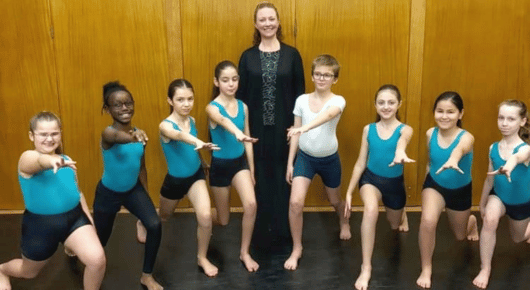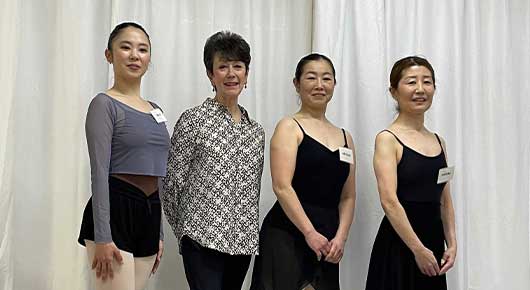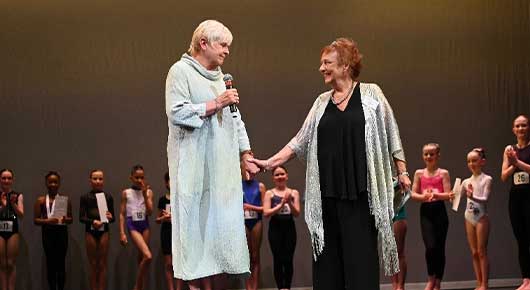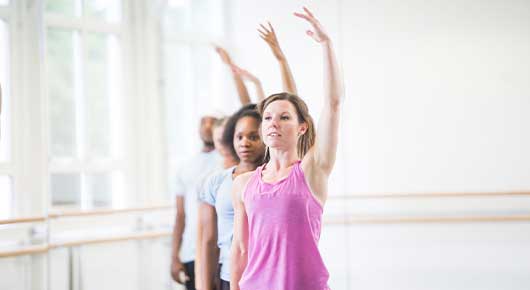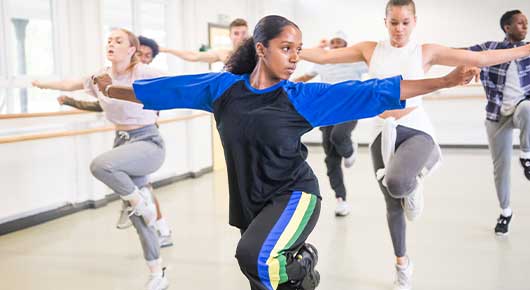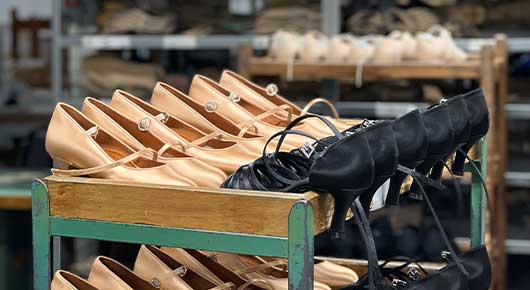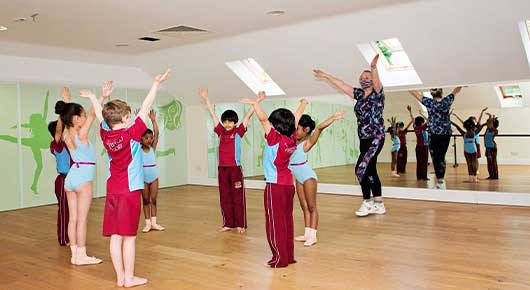13 May 2024
Having dedicated 43 years to the dance industry in various capacities I have witnessed and experienced myself the many mental health challenges that the dance industry presents. I am now dedicating my time and passion to making the necessary significant changes for our young dancers to flourish in a healthier world of dance.
Let me ask you, do you see your dancers struggling with their mental wellbeing? Are they self-conscious and lacking self-esteem? Do they struggle with comparison, fear of judgement and anxiety?
Value effort and improvement over flawless execution.
Our younger generation are already navigating the many challenges of life, yet within the dance world
we see the struggles they face in a more exposing capacity.
As a dance teacher our role extends beyond teaching choreography and improving their technique, as we also bear the responsibility of fostering a positive and nurturing environment to further support their mental wellbeing.

But how?
In a short space, these are six simple strategies that will not only contribute to their growth as dancers but will also play a crucial role in nurturing their mental health on their dance journey.
- Create a safe and inclusive space where the environment radiates positivity and acceptance to encourage open communications where dancers feel comfortable to express their thoughts and concerns without fear of judgement. Building a strong connection is vital. Knowing their strengths and struggles shows a genuine interest in their lives and allows personalised support to be offered when needed.
- Emphasis progress not perfection. Dance is a journey of individual growth and it’s essential to cultivate a mindset that values the effort and improvement rather than focusing solely on flawless execution, exam results and competition wins. Encouraging dancers to celebrate their achievements no matter how small will foster a positive attitude towards their own successes.
- Incorporating mindful techniques within teaching methods helps dancers to centre themselves mentally and emotionally allowing teachers to witness the best of their abilities. One favourite is to use self-reflective learning, as this contributes to stress reduction and enhances focus in class.
- Performance pressures and anxiety is a common challenge in the world of dance; therefore, dancers must be equipped with tools to manage their struggles by providing opportunities to learn visualisation techniques, positive self-talk, self-reflection, and learning that mistakes and disappointments are seen as a part of the learning process rather than failures.
- Be attuned by paying close attention to a dancer’s behaviour as changes may be a sign of mental
health struggles. Stress, anxiety, withdraw, overwhelm, hyper focus and extreme highs and lows are all signs that they may be struggling. - Lastly, keep yourself informed and up to date with topics and the evolving approaches to supporting your young dancers. Be open to adapting your own teaching methods, attend talks and workshops and engage in important conversations to allow you to feel confident and equipped to help support your dancers.
This conversation is so important, and I am looking forward to returning to Dance Exchange with the DFR Faculty in September to continue this important topic and to provide some significant strategies on how to help prepare and support your dancers for exams and competitions.
